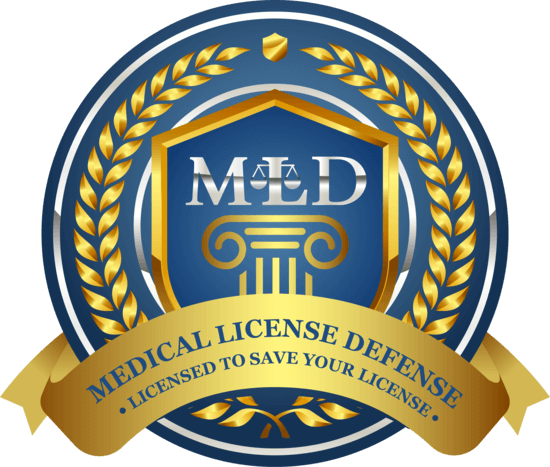Maintaining ethical and lawful referral practices is crucial for healthcare professionals to ensure quality care and uphold the integrity of the healthcare system. This article explores the importance of lawful referrals, the risks associated with unlawful referrals, and the significance of seeking legal counsel from a skilled medical license defense lawyer. Understanding the legal framework surrounding referrals is essential for safeguarding your patients, reputation, and medical license.
The Cornerstone of Collaboration: Understanding Referral Practices
- Fostering Comprehensive Care: Referrals play a vital role in providing patients with comprehensive and specialized care. By referring patients to other healthcare professionals, you contribute to a multidisciplinary approach to treatment, ensuring that patients receive the most appropriate and effective care for their specific needs.
- Enhancing Patient Outcomes: Lawful referrals help optimize patient outcomes by connecting them with healthcare providers who possess the expertise and resources necessary to address their specific medical conditions. This collaboration promotes better patient care, leading to improved health outcomes and patient satisfaction.
The Risks of Unlawful Referrals:
- Legal and Regulatory Consequences: Engaging in unlawful referral practices can result in legal and regulatory repercussions. Violations of anti-kickback statutes, Stark Law, or other healthcare regulations can lead to civil and criminal penalties, including fines, imprisonment, exclusion from government programs, and loss of professional licenses.
- Erosion of Trust: Unlawful referrals undermine the trust between healthcare professionals, patients, and the public. It compromises the integrity of the healthcare system, erodes patient confidence, and can tarnish your professional reputation.
Complying with Referral Laws and Regulations:
- Familiarize Yourself with Applicable Laws: Stay informed about federal and state laws, such as anti-kickback statutes and Stark Law, that govern referral practices. Understand the specific requirements and restrictions relevant to your practice area.
- Documenting Medical Necessity: Ensure that referrals are based on medical necessity and supported by appropriate documentation. Clear and detailed medical records and communication with the receiving healthcare provider are crucial in demonstrating the legitimacy of the referral.
The Role of a Medical License Defense Lawyer:
- Expert Legal Guidance: If you are facing allegations of unlawful referrals, it is essential to consult with a skilled medical license defense lawyer. They possess in-depth knowledge of healthcare regulations and will provide you with expert legal guidance to protect your rights and navigate the complexities of your case.
- Defense Strategy Development: Your attorney will meticulously analyze the allegations, review documentation, and collaborate with experts to develop a robust defense strategy. This may involve demonstrating compliance with referral laws, refuting false claims, and emphasizing your commitment to patient welfare.
- Advocacy and Negotiations: A skilled medical license defense lawyer will advocate for your rights, negotiate on your behalf with licensing boards or regulatory authorities, and work towards minimizing potential penalties. Their goal is to protect your medical license and professional reputation.
Unlawful referrals can have severe consequences for healthcare professionals, including legal and regulatory penalties, as well as damage to professional reputation. Adhering to lawful referral practices is crucial to ensure quality care, patient safety, and compliance with healthcare regulations. If you are facing allegations related to unlawful referrals, consult with a knowledgeable medical license defense lawyer who can guide you through the legal process















